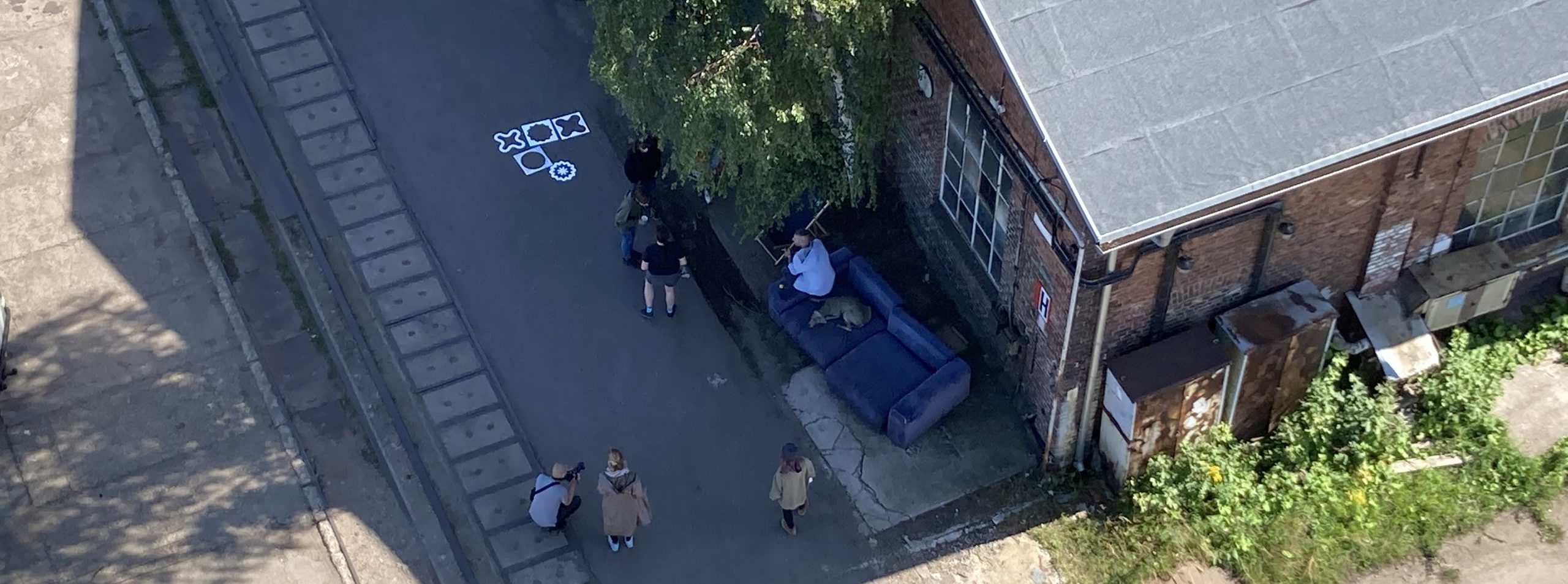In today’s digitally interconnected world, the power of effective communication cannot be underestimated. During one of my regular visits to Sopot, in Poland, I stumbled upon an Instagram advertisement for an environmentally themed workshop named “Common Water”. This was an interdisciplinary art project, where plastic waste found along the shoreline of the Baltic Sea would be melted down to gain new function by forming it into a lightbox installation. Taking the step from scrolling my Social Media-feeds to signing up for a physical creative gathering at a known location seamed easy enough, as the event was open to anyone.
This was my first encounter with Floating EKA, a not-for-profit Cultural Foundation creating meaningful and productive relationships between artists, cultural organizations, and communities in the Baltic Sea region.
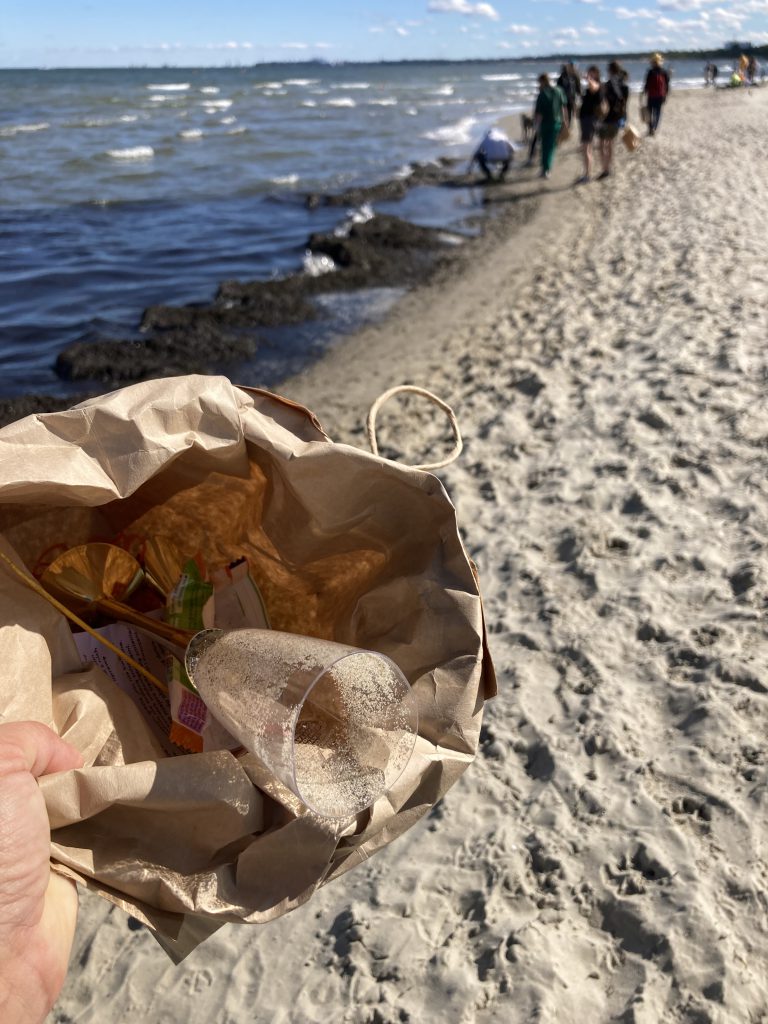
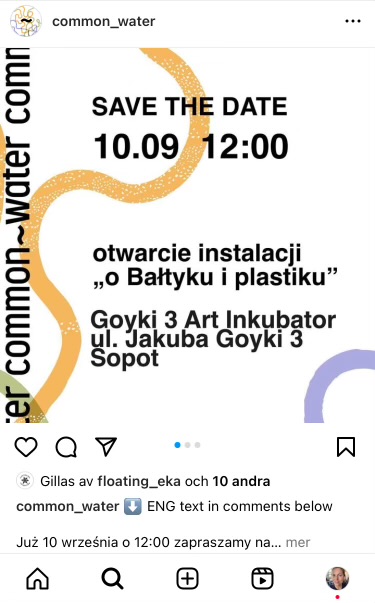
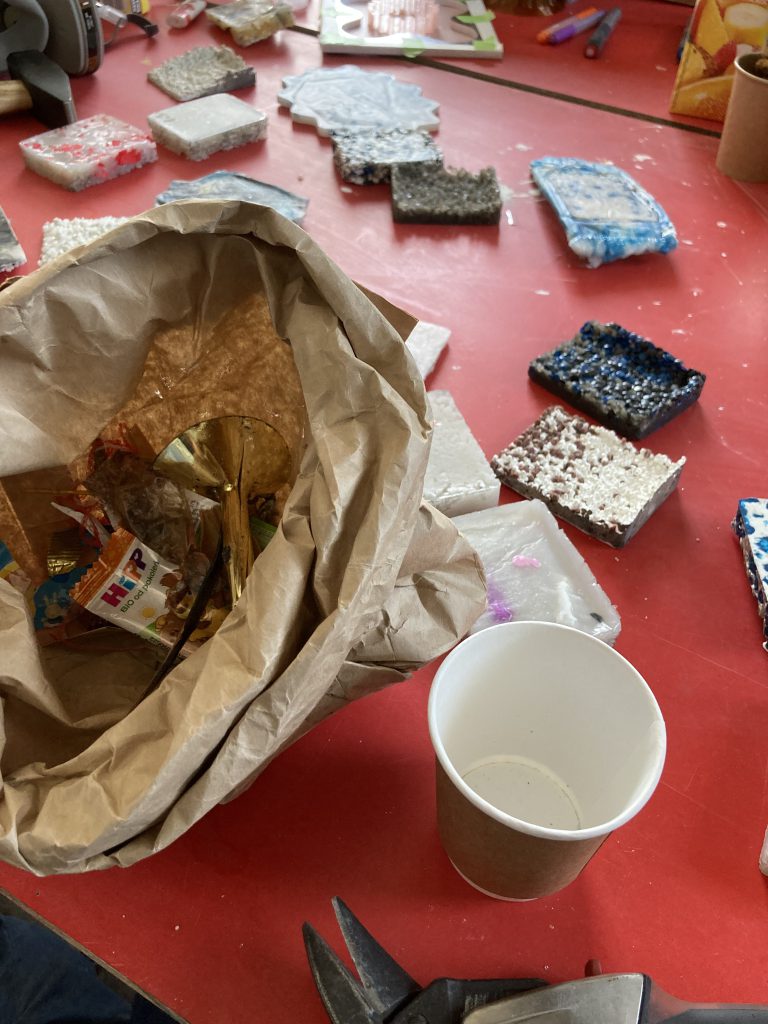
Founded on a commitment to nurture hope and resilience, Floating EKA aims to bring about change through various communication channels using art as the basis to explore and reflect upon social and environmental issues.
The concept made a lasting impression on me. I had a wonderful weekend at CUMY and Goyki 3 Art Incubator engaging with people from various backgrounds, with whom I shared an interest: learning more about the effect plastic has on the ecosystem, knowing more about the process of recycling plastic, and turning garbage into art.
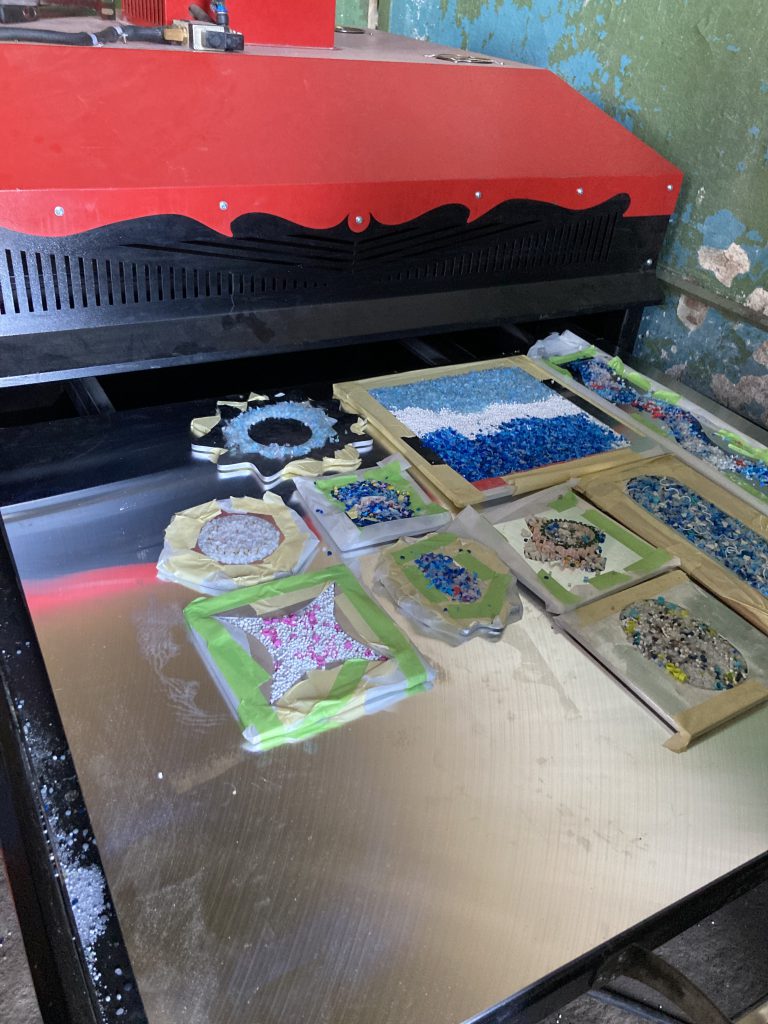
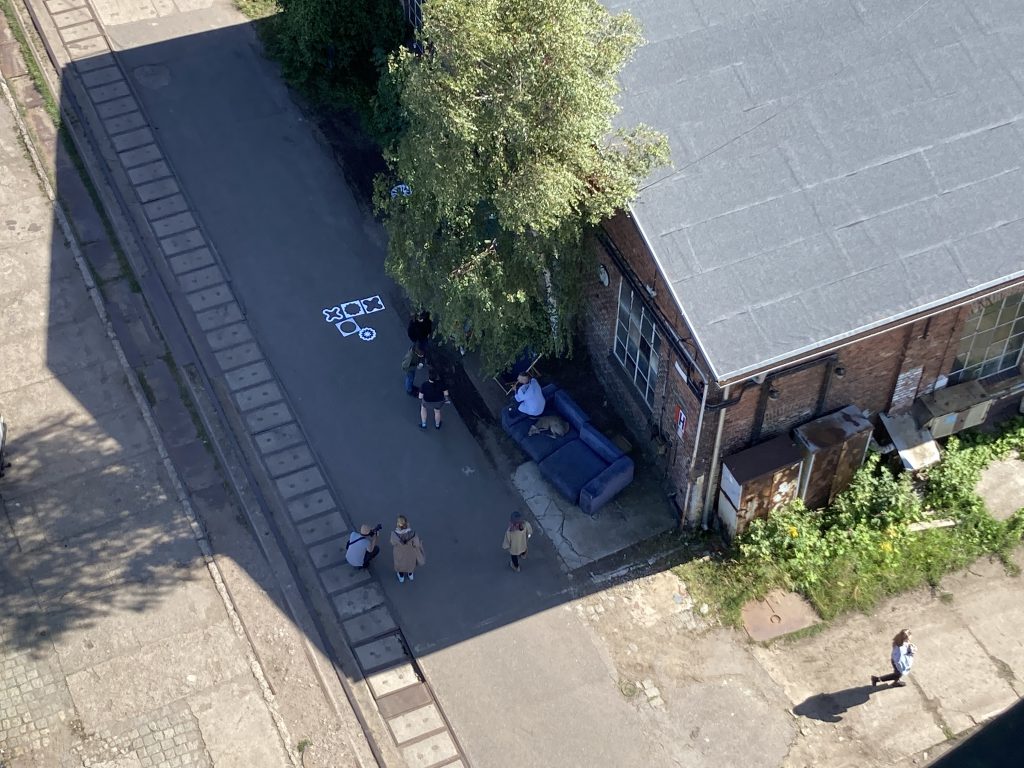
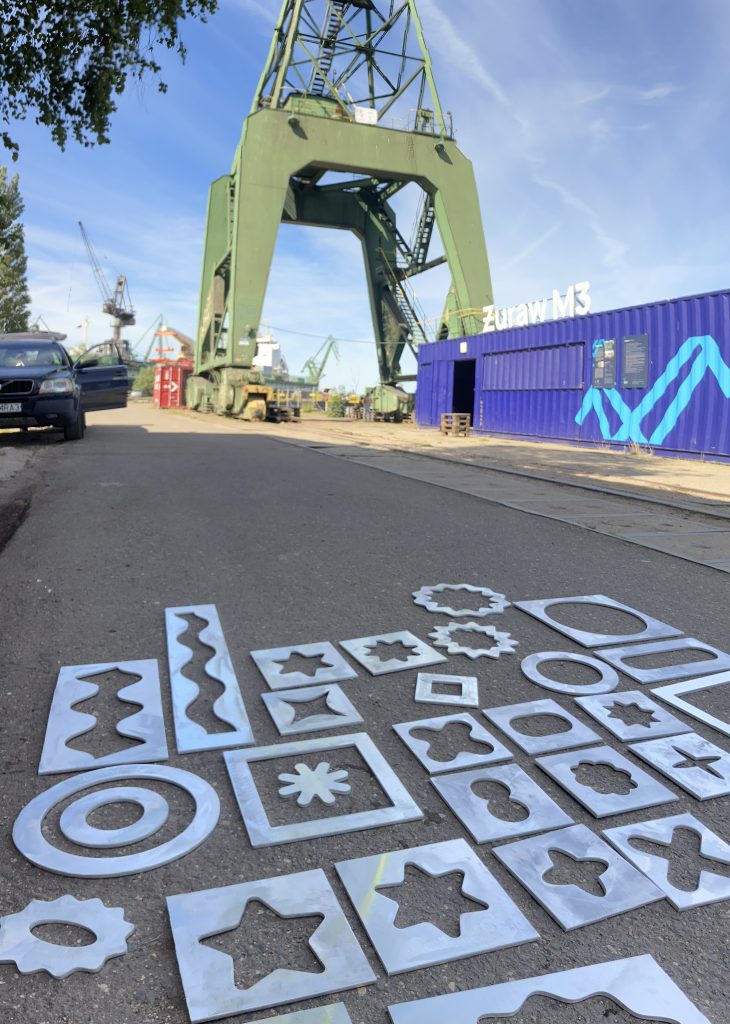
I believe that linking the digital world with something practical – in this case inviting the audience to participate in person – is the key to successful communication. Floating EKA is doing just that. By merging digital presence with physical activities in new exploratory ways, their aim is to bring people from around the Baltic Sea closer to each other.
In my next blog post I will present Floating EKA’s project “Sąsiedzi.Сусіди.Суседзі.Соседи.”: an artistic research project encompassing a series of documentary theatre plays exploring complex dynamics of neighbourhood relations in times of war and conflict. During the project guests from different countries (theatre directors, playwrights, sociologists, and anthropologists) sought to find answers to what it means to stay neighbours when being neighbours has become disastrous.

